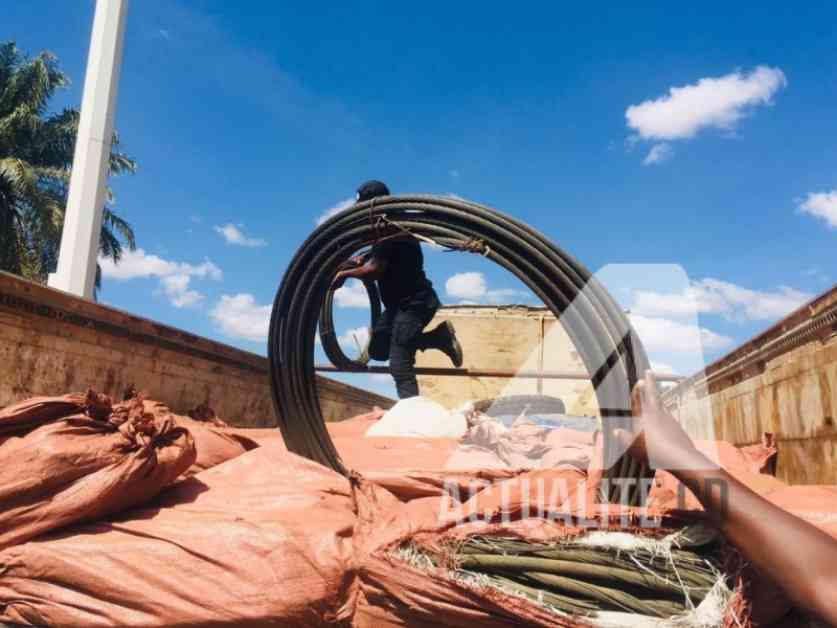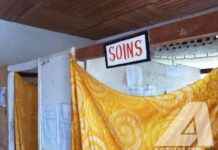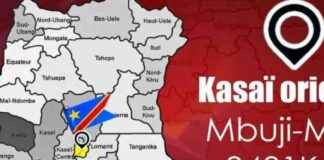Temporary Import Restriction Measures for Tiles, Cables, and Iron Bars in the West: RDC Update
In a move to protect local industries and combat fraudulent practices, Julien Paluku Kahongya, the Minister of External Trade, has decided to extend the temporary import restrictions on a range of products in the western part of the Congolese territory for a period of 12 months. The products affected include tiles and ceramics, rigid, armored, and flexible electrical cables, and iron bars.
Reasons Behind the Measures
The Ministry of External Trade has cited the need to safeguard local industries by vigorously addressing dumping, fraud, and undervaluation. These measures aim to not only protect local industries but also encourage their growth, which in turn contributes to the state budget through the payment of taxes, fees, and the creation of wealth. Additionally, these decisions help curb the massive and illicit entry of the mentioned products through border posts.
Exceptions and Guidelines
In cases where consumers in certain parts of the country have limited access to local products, economic operators can request an import waiver from the Minister of External Trade. However, such requests must specify the destination and lot number of the merchandise in question. The documentation accompanying the request must be validated by the Integrated Single Window for Foreign Trade – SEGUCE-RDC, failing which the request will be denied.
Impact on Local Economy and Trade Relations
These measures had sparked various reactions in the Congolese socio-economic and political landscape last year. In August 2024, tensions between the DRC and Zambia escalated due to these restrictions, leading to border closures that were later resolved. Minister Julien Paluku Kahongya assured the public during a press briefing on August 14, 2024, that local production is currently sufficient to meet market demand.
Nearly two years ago, President Félix Tshisekedi inaugurated the first tile and ceramics factory in the Maluku Special Economic Zone, marking a milestone for the Congolese industry and local employment. The Chinese company Saphir Ceramics, entrusted with the project, invested over $100 million, creating 6,000 new direct jobs. The Maluku Special Economic Zone, spanning 880 hectares with 244 hectares currently under development, is home to other companies like Varum Beverages RDC Sarl for Pepsi soft drink production and Sopaco Sarlu specializing in palm oil processing.
This article highlights the government’s efforts to protect local industries and foster economic growth through trade regulations. While these measures may pose challenges for some importers, they ultimately aim to strengthen the Congolese economy and promote self-sufficiency in key sectors. Do you think such trade restrictions are necessary for developing countries to boost domestic production and stimulate economic growth? Share your thoughts in the comments below.

















